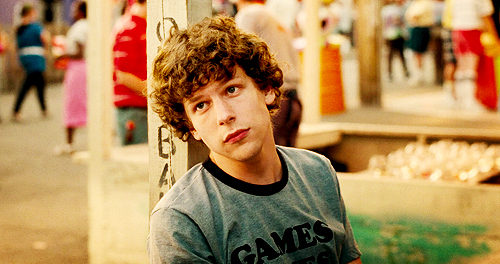
Far too often, the general movie-going public will rely on an IMDb rating or a Rotten Tomatoes score to determine whether a movie is worth their time. While these can offer a good idea of a movie’s consensus, it’s hardly the zenith of accuracy. Having a divisive audience reaction can easily bifurcate the ratings, and moreover, popular opinion.
This kind of reaction you’ll see with horror films, mostly. For older films, it could be that they’re dated and never rallied a cult following to append a new appreciation for it. For newer films, it could be marketing and audience’s misguided expectations. They can get huffy because they thought it’d “be scarier” or “funnier”.
The list below had to limit itself to English-language films or else it’d be far too exhaustive to tune. Recent quality films, with a rating under 7.0, have been omitted because they’re still stretching their legs.
These include Enemy, The Mend, It Follows, The Babadook and Mistress America. Some of Woody Allen’s underrated works (Celebrity, Anything Else) are worth honorably mentioning as well as The Fabulous Baker Boys, State and Main, To Die For, Save the Tiger, and Don’t Be Afraid of the Dark. Here’s a list of movies victimized by subpar ratings that are not indicative of their true quality:
1. A Shock to the System (1990)
IMDb rating: 6.7
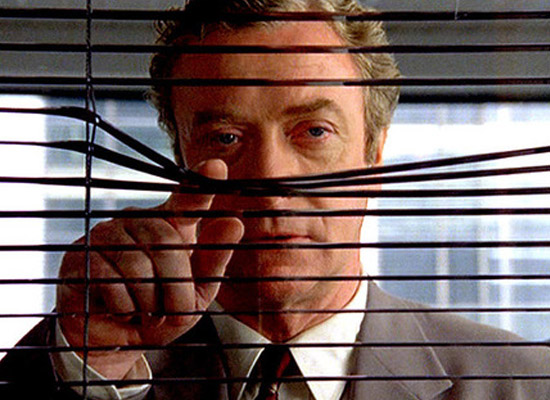
“Climbing the corporate ladder can be murder.” So goes the tagline for A Shock to the System, a supremely dark satire. Michael Caine plays Graham, a business executive who is prematurely delighted about his approaching promotion. He’s worked hard and put in the years to deserve it. But when he doesn’t get the promotion, he feels burned. At home, his nagging wife doesn’t help. Eventually, his displeasure and contempt eddy into murderous schemes.
A Shock to the System has the flavor of American Beauty, which it precedes, but it’s not as pedantic. Instead of smoking pot and hitting the gym, Graham uses murder to stave off his mid-life crisis. Caine’s performance is a riot, full of maniacal glee and wit. We’re won over by his charisma and flight of fancy, despite his misconduct. When he grins, we know there’s a bizarre, spirited humor behind what he’s doing. The film is briskly paced and subverts expectation. It’s a gem of the 1990s.
2. Adventureland (2009)
IMDb rating: 6.8
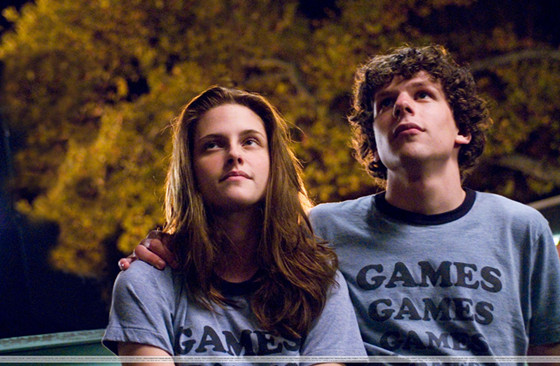
Flung out of post-grad life, James (Jesse Eisenberg) isn’t exactly fulfilled. His big plans to travel abroad have been thwarted by economic woes and he’s forced to take a job at an amusement park. What he doesn’t know is that this park has all the ingredients for him to come-of-age, namely Em (played with nuance by Kristen Stewart).
There are a lot of humorous shenanigans and three-dimensional characters around James. Even though it’s so drenched in 1980s nostalgia, the film still feels contemporary. Everybody goes through romantic pratfalls.
Following the success of Superbad (2007), Greg Mottola wrote and directed Adventureland, which explores more personal terrain from him. It’s a poignant tribute to awkward young adults. Additionally, the film boasts one of the greatest soundtracks from any recent film.
3. After Dark, My Sweet (1990)
IMDb rating: 6.6
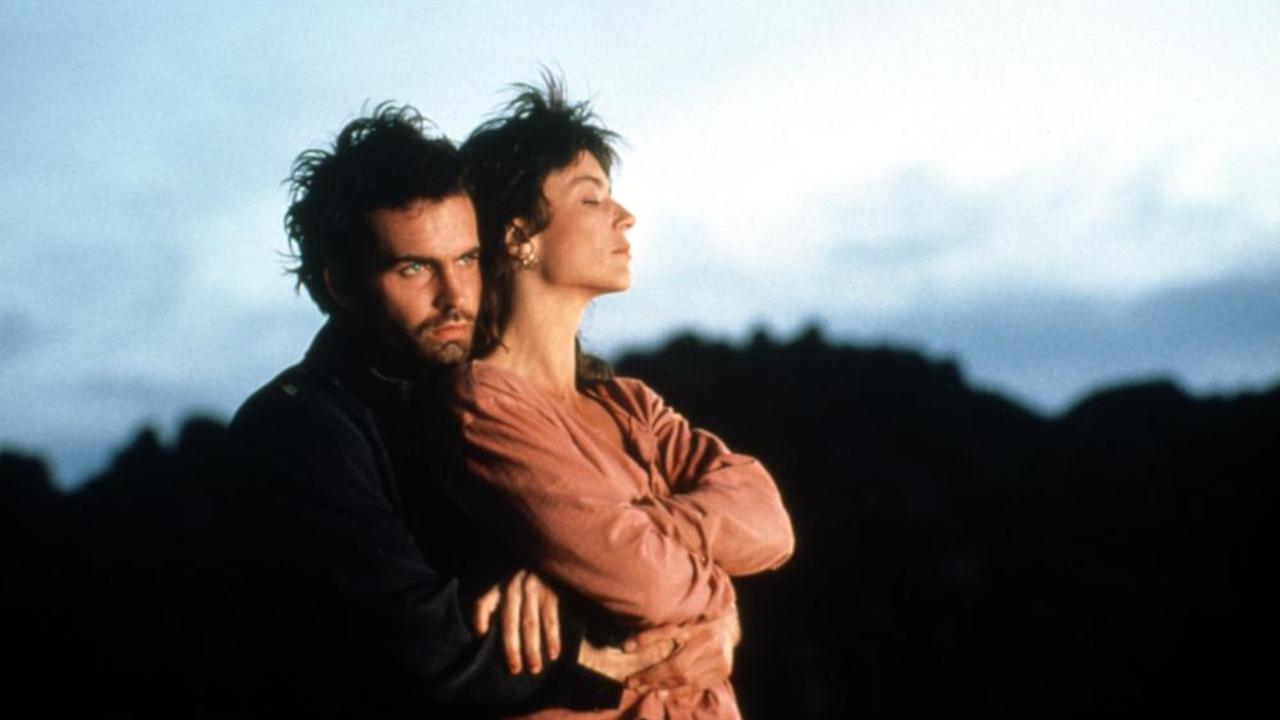
As far as sun-drenched neo-noirs go, this is one of the best. Jason Patric is Brando-esque as the ex-boxer Kid Collins, recently released from a mental institution. Drifting around in a deserted town, he soon gets involved with an attractive widow and an older man (Bruce Dern) working on a kidnapping scheme. As customary with the noir genre, there’s a lot of lust and leverage, twists and turns.
What propels After Dark, My Sweet above and beyond regular genre product is James Foley’s keen direction and the terrific central performance by Patric. He plays Kid Collins as damaged, vulnerable, lost, lonely, and sad. He thinks he’s smart but he’s not. What makes this character so tragic is his unbending compassion and how he heroically mounts a rather flawed final act of martyrdom.
Throughout the film, Patric walks in a hulking and swaying motion, like he’s on his last legs in a long, long fight. It’s this hinted inevitability that really channels the essence of noir. The film is based on a Jim Thompson novel (known for his crime fiction, e.g. The Getaway, The Grifters, The Killer Inside Me).
4. Bugsy (1991)
IMDb rating: 6.8
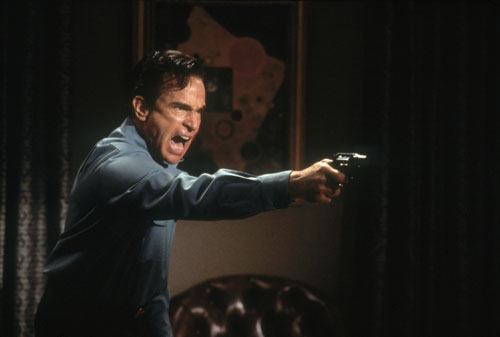
Driven and distracted by everything around him, Bugsy Siegel was a real life mobster that began to spearhead the glitz of Las Vegas, as we know it today. Warren Beatty plays Bugsy with an equal measure of viciousness and vanity. The script is brilliantly layered and invites little comic touches. Like how Bugsy begins wooing Virginia (played with sharp sass by Annette Bening) on a movie set. His affection is genuine but his surroundings are most certainly not.
There are a lot of neat touches. Bugsy is this manly figure of the mob, but he loves getting fake tans and baking cakes. The “birthday cake” scene, in particular, is a master class of tempered acting and escalating tension, as his family life merges with business. The irony in the title is that he hates being called Bugsy (a name given to him by the newspapers and media).
There’s a lot that aggravates Bugsy and he does a lot of aggravating himself. Beatty plays the aloofness of his character believably, without noticeable design. How much money can he extract from the mob before there’s repercussions? He concerns himself more with the lure of luxury and the appeal of Hollywood’s artifice.
Barry Levinson directs, in one of his finest films, which also boasts a top-notch supporting cast of Harvey Keitel, Ben Kingsley, and Elliott Gould.
5. French Connection II (1975)
IMDb rating: 6.8
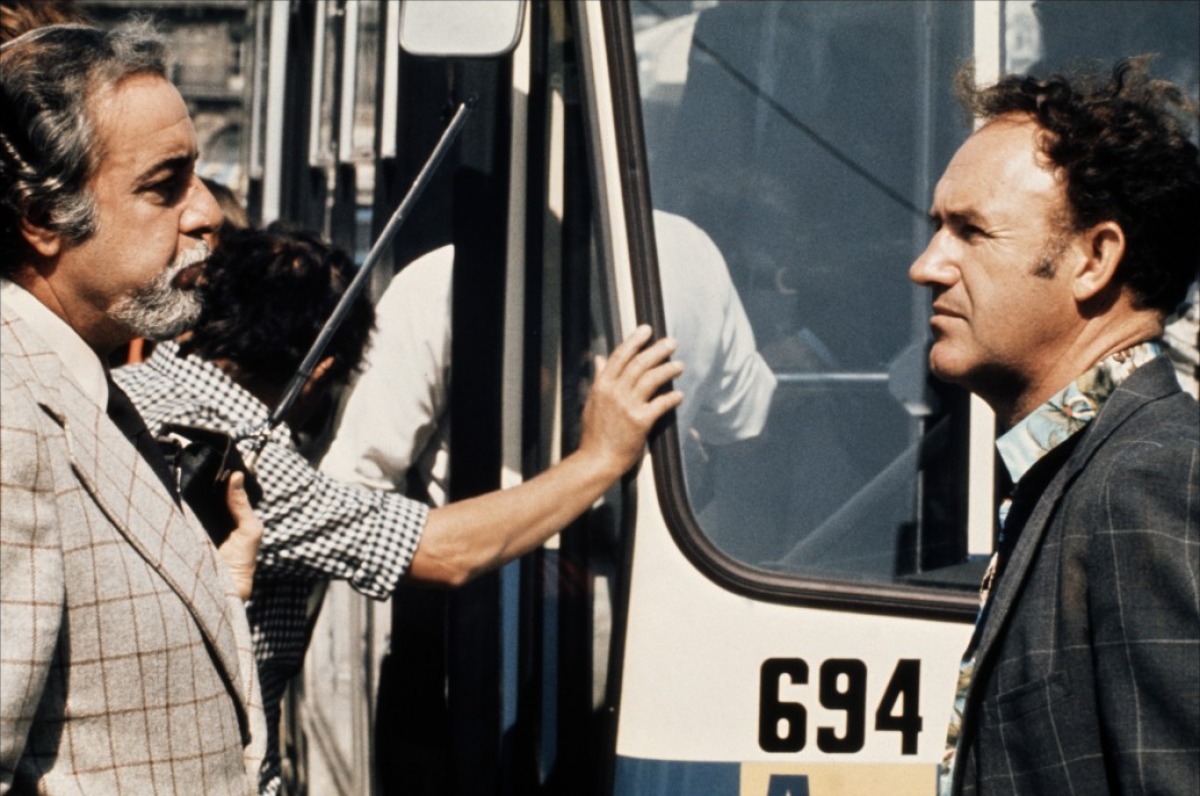
Gene Hackman returns as detective Popeye Doyle in this underrated sequel. Right after Popeye arrives in France, someone slaps a paper cutout of a fish on his back. He’s quite literally, already, a fish out of water.
The French police don’t exactly respect Popeye, they put up with him. He tries mingling with the locals and the language barrier gives way to a few comedic, seemingly improvised scenes. But Popeye isn’t in France for beignets and baguettes. He’s there to catch the criminal that eluded him in The French Connection (1971).
In New York he was the tough copper that knew his way around, but in Marseilles, he’s lost. As an outsider, there’s an added difficulty in his objective, which makes the film so thrilling and enjoyable. John Frankenheimer directs and exceeds expectations by focusing more on Popeye’s character than the actual plot.
In this way, we get one of Gene Hackman’s very best performances. About midway through, the film takes a shocking detour: Popeye is detained and heroin is intravenously forced upon him. What follows is one of Hackman’s most open and vulnerable acting moments.